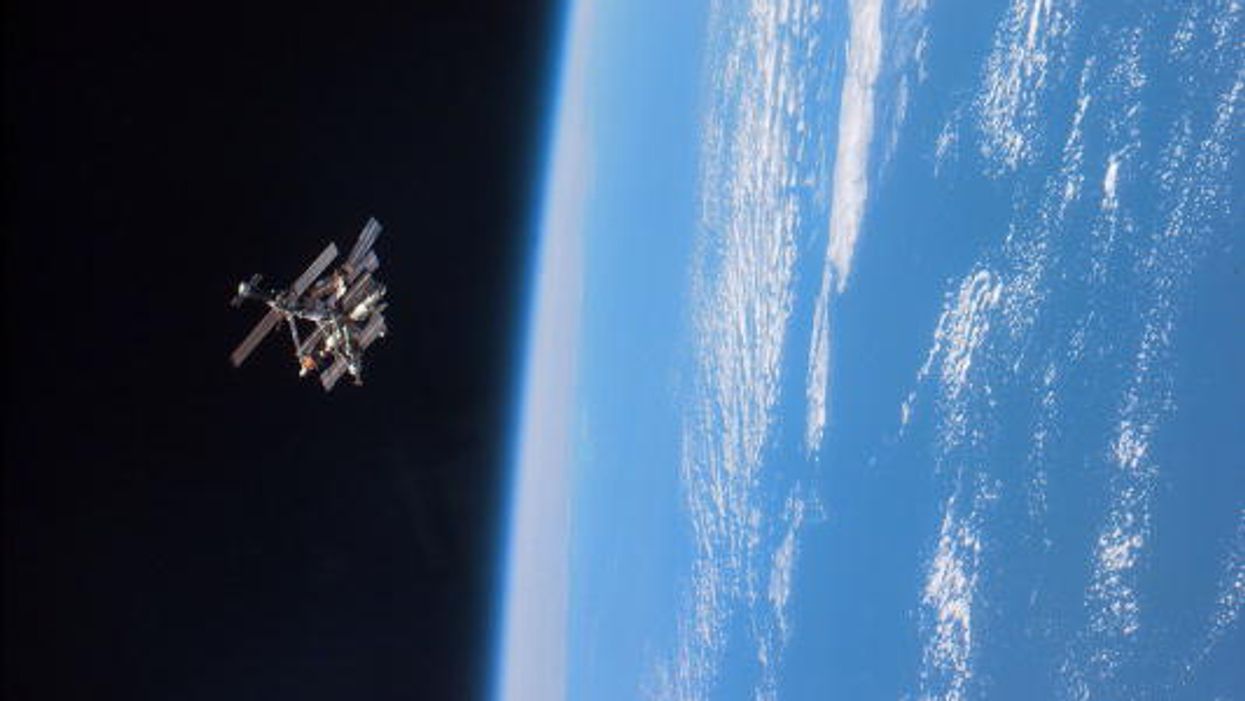
The Kepler space telescope, operated by Nasa, has made a significant discovery and one that warrants a huge press conference this week.
The aim of the telescope, launched in 2009, is to discover other planets that might be capable of supporting life so this announcement could be an epochal moment.
The agency has said they will brief the press on Tuesday, and that Google was involved in the discovery, using machine learning.
The Kepler space telescope completed its main mission in 2012, but has continued to do work for the space agency.
In 2014, it began a major mission called K2, which looks for more exoplanets, among other objectives.
One announcement that would be warmly welcomed by large swathes of the population would be for Pluto to return to its status as a planet
It lost this in 2006 when the definition of a planet was redefined by the International Astronomical Union.
Teachers across the globe would rejoice at the news that the planetary mnemonic...
My Very Easy Method Just Speeds Up Naming Planets
...could make a comeback.
In 2017, however, let’s sincerely hope intelligent life has been found in space, since there’s so little on earth.
Among those at the conference will be:
- Paul Hertz, Astrophysics Division director at NASA Headquarters in Washington
- Christopher Shallue, senior software engineer at Google AI in Mountain View, California
- Andrew Vanderburg, astronomer and NASA Sagan Postdoctoral Fellow at The University of Texas, Austin
- Jessie Dotson, Kepler project scientist at NASA's Ames Research Center in California’s Silicon Valley
Nasa's official site has a little more info:
The discovery was made by researchers using machine learning from Google. Machine learning is an approach to artificial intelligence, and demonstrates new ways of analysing Kepler data.
You will be able to watch the conference 1 pm EST, Thursday 14 December, here.
More: 25 of the most spectacular pictures ever taken by Hubble, which is 25 today












Donald Trump: 'One way or the other we're going to have Greenland'